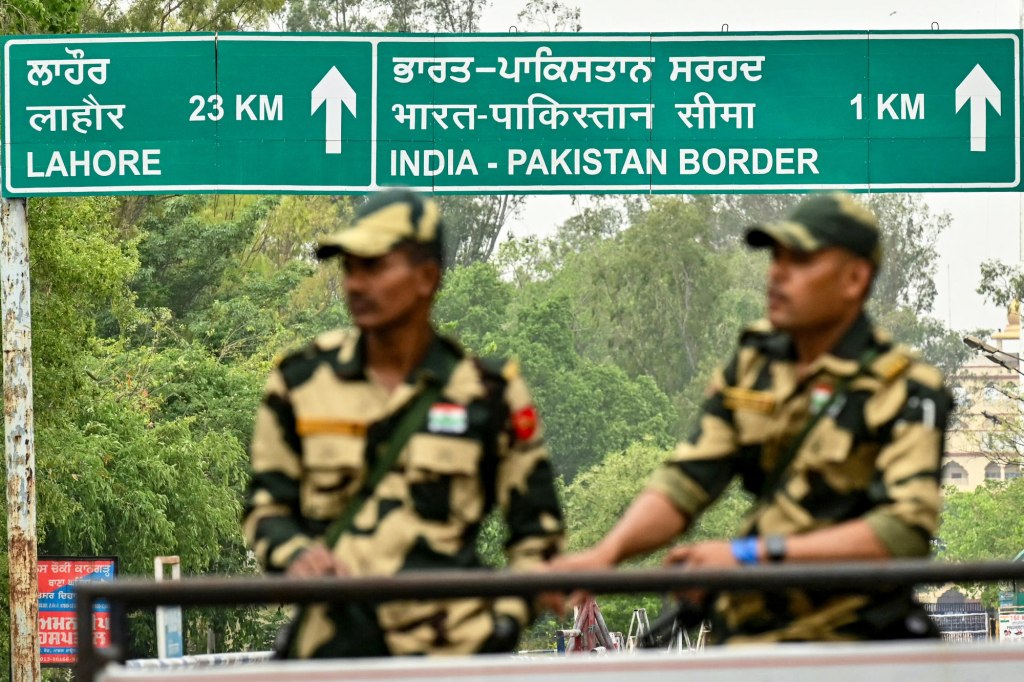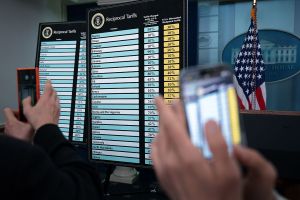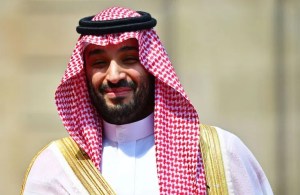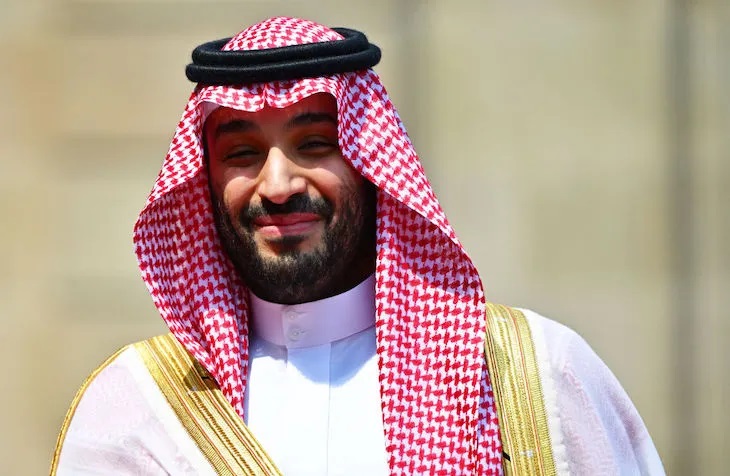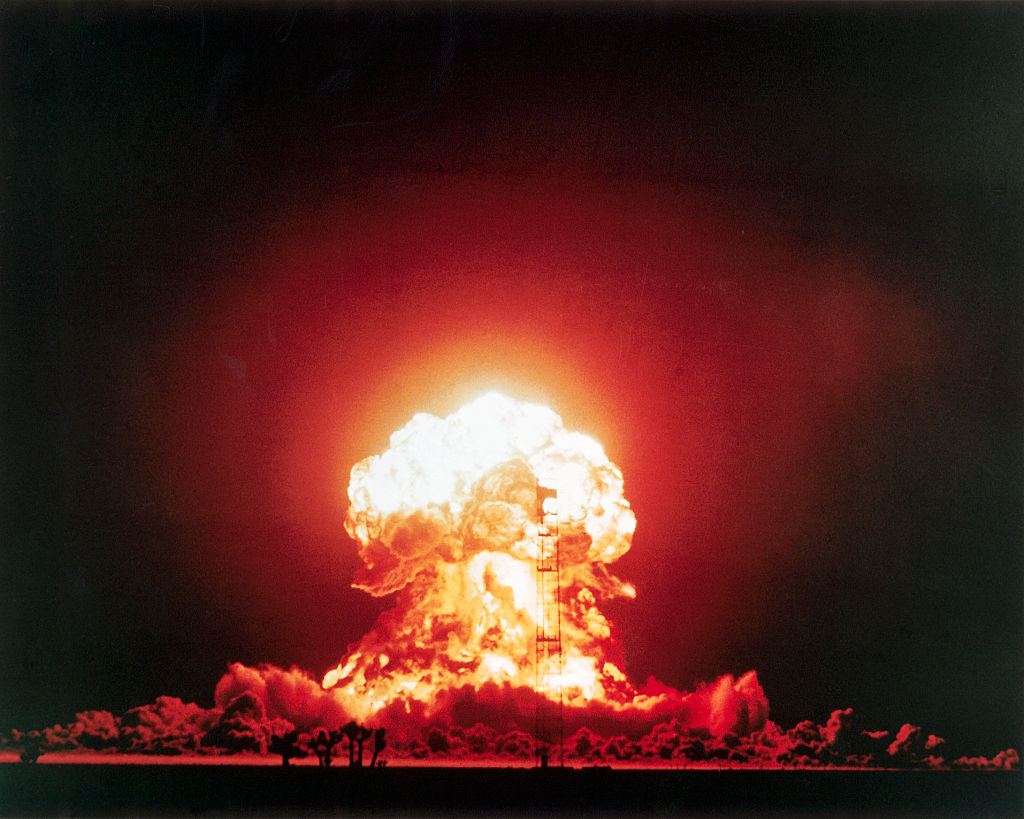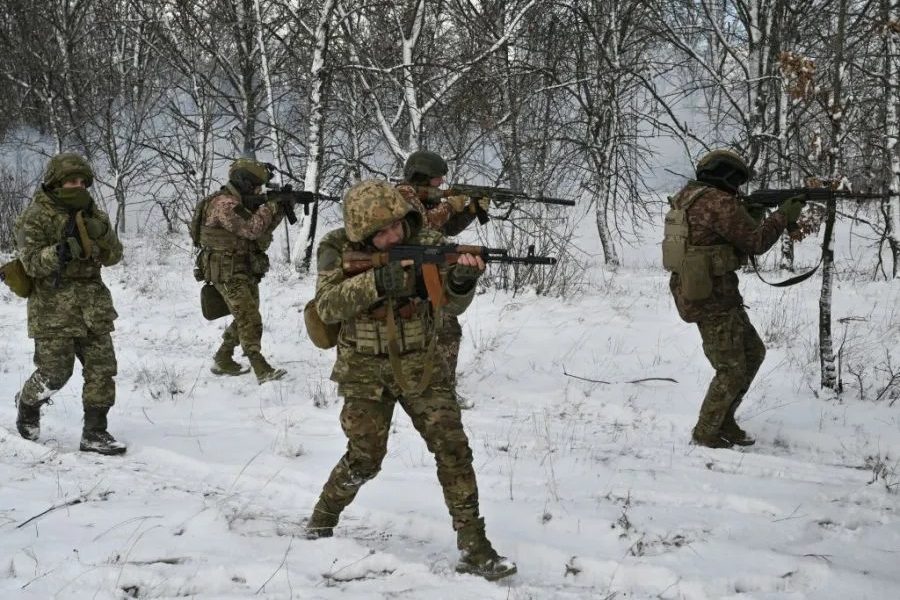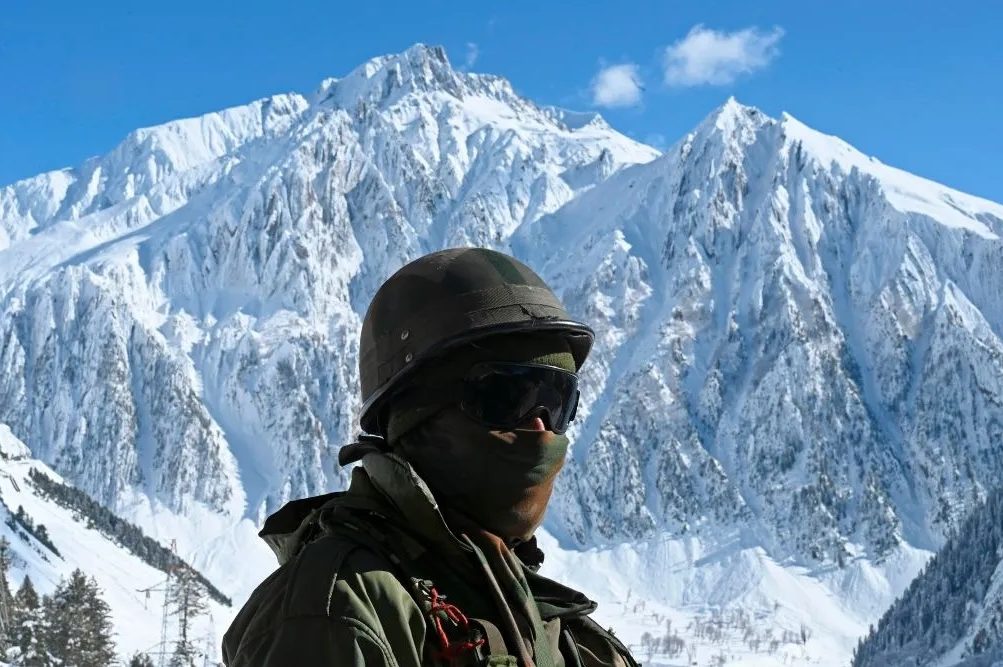Yesterday evening Indian Prime Minister Narendra Modi authorized missile strikes on jihadi training camps located in Pakistan’s East Punjab and Pakistani Kashmir. It is retaliation for the attack on Hindu tourists allegedly carried out by the Pakistani Jihadi groups Lashkar-e-Taibi and Jaish-e-Muhammad in Indian controlled Kashmir on April 22.
Does this mean all-out war between the two nuclear powers is inevitable? Not necessarily. Since Indian partition, the perennial casus belli in the subcontinent there have been three major wars between India and Pakistan. The First Indo-Pakistan War of 1947-1948 and the Second Indo-Pakistan War of 1965 were both fought over the Kashmir issue.
The third Indo-Pakistan War of 1977 was fought over Bangladesh. The result of the conflict won by India enabled Bangladesh, formerly East Pakistan, to achieve independence.
A fourth, the Kargil War, in 1999 is better characterized as a mini-war, which followed Islamist militant and regular army infiltration of high-altitude mountains in Indian-administered Kashmir.
However, smaller military border clashes have been a constant. Fighting over the Siachen Glacier has been continuous since 1984. Artillery exchanges also occurred in 2016 and 2019. This last clash followed India’s revocation of Article 370 which had previously given Kashmir semi-autonomous status. Kashmir is now a “normal” Indian state.
Compared to these engagements where will the current clash land? Thus far India has made it clear that the missile attacks have not targeted Pakistan’s military. They have been described as “focused, measured and non-escalatory in nature.” Modi does not want a full-scale war. But he does want Pakistan to suppress its embedded terrorist groups.
How will Pakistan respond? Thus far Pakistan prime minister Shehbaz Sharif has promised that the “heinous act of aggression will not go unpunished.” Beset with economic and political problems it is doubtful that Sharif, whose army is hugely outgunned by India, would welcome a full-scale war.
However, the decision may not be his. Historically the head of the Pakistan army has always been the power behind elected politicians. Frequently elected prime ministers are removed from power by the army, not the ballot box. The last politician to be deposed in a constitutional coup orchestrated by the army was Imran Khan in 2022. Khan, the most popular politician in Pakistan history, was arrested in 2023. He still resides in prison on trumped up charges of corruption.
The problem faced by Shehbaz Sharif, and his ever-powerful old brother and long serving former prime minister Nawaz Sharif, is that the man chosen to head the army, General Asim Munir, because of his hardline stance on internal military and civil unrest, as well as his antipathy toward Imran Khan, is a religious zealot who hates India.
Munir’s father, an imam, and family, had to flee the Punjab during India’s partition because of sectarian Hindu violence. General Asim Munir is a loose cannon. The question is, can the Sharifs control him?



